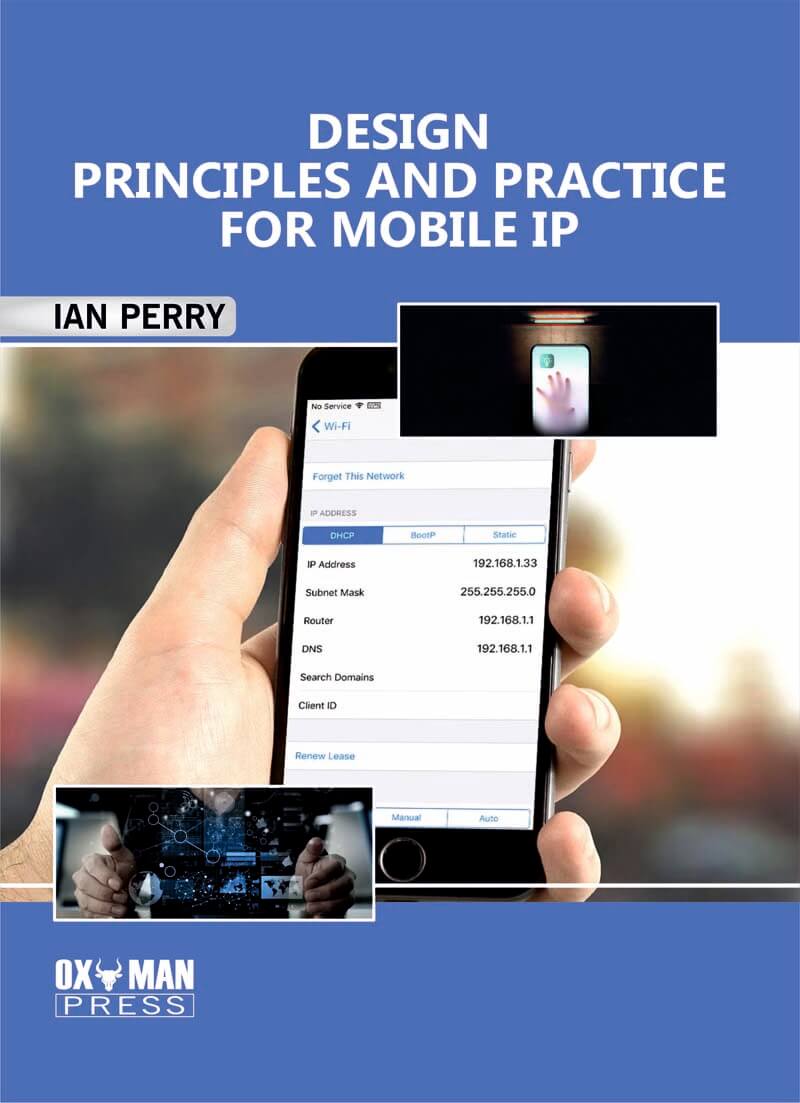Design Principles And Practice For Mobile IP
| ISBN | 9781778807349 |
|---|---|
| Author | Ian Perry |
| Publisher | OXMAN PRESS |
| Publication Year | 2023 |
| Category | Engineering & Technology |
| Price | $184.00 |
Ian Perry is an associate professor of engineering. In addition to his M. Eng. in electrical engineering and computer science, he also holds a Ph.D. in electrical engineering. He worked at Intel as a logic and circuit designer on the Itanium and Pentium II processors prior to entering college. He has since provided consulting services to numerous renowned design firms. He enjoys playing the guitar, travelling, discovering and creating new technologies, wind surfing, and rock climbing. His most recent escapades include learning how to kite surf, investigating drawing interfaces for digital circuit design, and serving as a scientific correspondent for a National Public Radio affiliate. He is fluent in four languages and plans to pick up more in the near future. Ian Perry is a Research Fellow at a centre looking at mobile technologies for dynamic configuration and wireless networking. He serves as the editor for a number of IEEE and ACM journals in the field of wireless networking. Brett Anderson has participated in a number of committees for the National Research Council as well as the Internet Engineering Task Force's Internet Architecture Board. He has written a book on Mobile IP, as well as other papers and articles that have won awards in the fields of resource discovery, autonomous setup, and mobile networking. All forms of reading, writing, and veterans' rights and benefits are highly important to Ian Perry.
